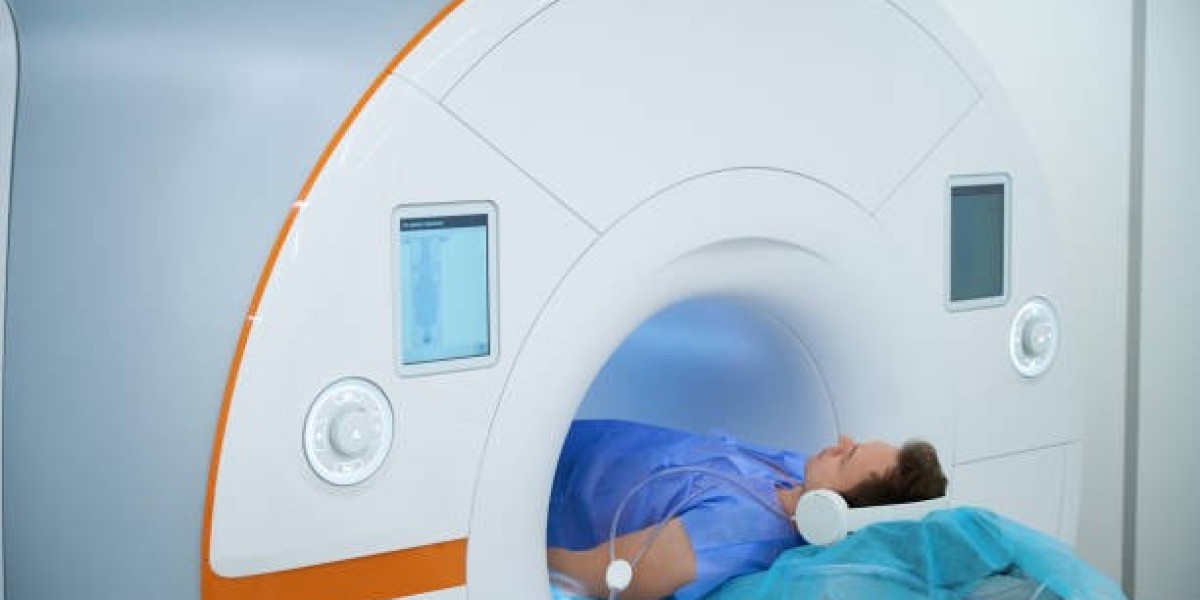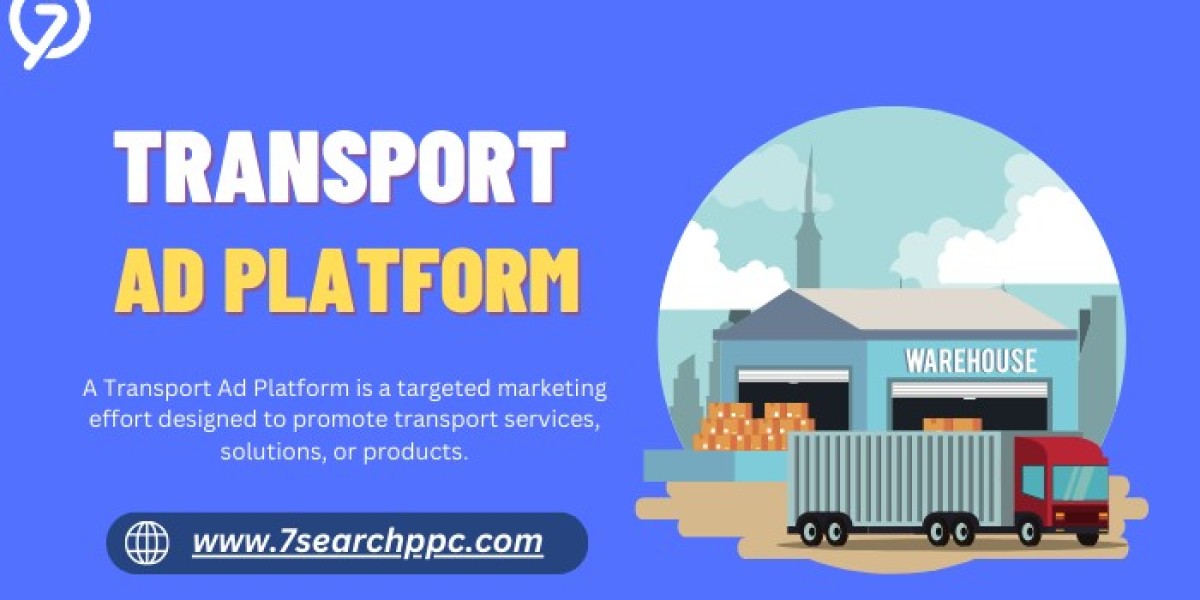Cancer is a major health concern worldwide, and early detection is crucial for effective treatment and better outcomes. Oncological Screening in Riyadh(الكشف عن الأورام بالرياض) plays a vital role in identifying potential cancers before they advance, allowing for timely intervention. This blog will explore the importance of oncological screening, the different types of screenings available, the benefits, and what to expect during the process.
Understanding Oncological Screening
What is Oncological Screening?
Oncological screening refers to a range of tests and examinations designed to detect cancer in individuals who do not yet have any symptoms. These screenings aim to identify cancer at an early stage when it is most treatable. In Riyadh, various screening programs focus on different types of cancer, tailored to the population's needs.
Why is Oncological Screening Important?
Early detection of cancer significantly improves treatment outcomes. When cancer is found early, patients have a higher chance of successful treatment, leading to better survival rates. Oncological Screening in Riyadh helps in catching cancers that may not show symptoms until they have progressed significantly, thereby reducing mortality rates.
Types of Oncological Screenings Available
Breast Cancer Screening
Breast cancer is one of the most common cancers among women. Regular mammograms and clinical breast examinations can detect breast cancer at an early stage. Women in Riyadh are encouraged to start screenings at the age recommended by health guidelines.
Cervical Cancer Screening
Cervical cancer screening, including Pap smears and HPV testing, is essential for women. These tests help identify precancerous changes in the cervix, allowing for early intervention. In Riyadh, awareness campaigns promote regular cervical cancer screenings.
Colorectal Cancer Screening
Colorectal cancer screenings include tests such as colonoscopies and fecal occult blood tests. These screenings are vital for both men and women, especially those over 50 or with a family history of colorectal cancer. Oncological Screening in Riyadh emphasizes the importance of these tests to reduce colorectal cancer incidence.
Prostate Cancer Screening
Prostate cancer can often be detected through PSA (prostate-specific antigen) blood tests and digital rectal exams. Men over 50 or those with risk factors are encouraged to undergo regular screenings to detect potential issues early.
Lung Cancer Screening
For individuals at high risk for lung cancer, such as smokers, low-dose CT scans may be recommended. Early detection through lung cancer screenings can significantly impact treatment success.
Benefits of Oncological Screening
Peace of Mind
One of the primary benefits of Oncological Screening in Riyadh is the peace of mind it provides. Knowing that one is proactive in managing their health can reduce anxiety related to cancer fears.
Cost-Effective Prevention
Detecting cancer early can lead to more effective and often less costly treatments. Early-stage cancers typically require less extensive treatment compared to late-stage cancers, making screenings a cost-effective approach to health management.
Increased Survival Rates
Statistics show that early detection through screenings leads to higher survival rates across various cancer types. Regular screenings can catch cancers when they are most treatable, ultimately saving lives.
What to Expect During Oncological Screening
Preparing for Your Screening
Preparation for oncological screenings can vary based on the type of test. Patients may need to follow specific guidelines, such as fasting before a blood test or avoiding certain medications. It's essential to inquire about any preparations required before the screening.
The Screening Process
During the screening, healthcare professionals will perform the necessary tests, which may involve imaging, blood tests, or physical examinations. The process is generally quick and straightforward, aiming to minimize discomfort.
Receiving Results
After the screening, results are typically available within a few days. Healthcare professionals will discuss the findings, explaining any further steps if necessary. Understanding the results is crucial for informed decision-making regarding health.
Overcoming Barriers to Screening
Awareness and Education
Many individuals may be unaware of the importance of oncological screenings. Educational campaigns in Riyadh aim to raise awareness about the significance of regular screenings and how they can save lives.
Accessibility of Services
Access to screening services can be a barrier for some individuals. Efforts to improve accessibility, such as offering screenings at various locations and times, can encourage more people to participate in these essential tests.
Financial Considerations
The cost of screenings can deter individuals from seeking help. Various initiatives and programs in Riyadh aim to provide affordable screening options, ensuring that everyone has the opportunity to participate in these life-saving tests.
The Role of Technology in Oncological Screening
Advancements in Screening Techniques
The field of oncological screening has seen significant technological advancements. Innovative imaging techniques and biomarkers are continually being developed, improving the accuracy and effectiveness of screenings. This progress enhances the chances of early cancer detection.
Telemedicine and Remote Screenings
With the rise of telemedicine, individuals can now access consultations and advice regarding oncological screenings from the comfort of their homes. Remote monitoring and online consultations have made it easier for people to engage with healthcare professionals about their screening options.
Conclusion
Oncological Screening in Riyadh(الكشف عن الأورام بالرياض) is a vital component of cancer prevention and early detection. Understanding the importance of screenings, the types available, and what to expect can empower individuals to take charge of their health. By prioritizing regular screenings, the community can work towards reducing cancer incidence and improving survival rates. Early detection saves lives, and with the resources available in Riyadh, there’s no better time to start the journey towards proactive health management.









